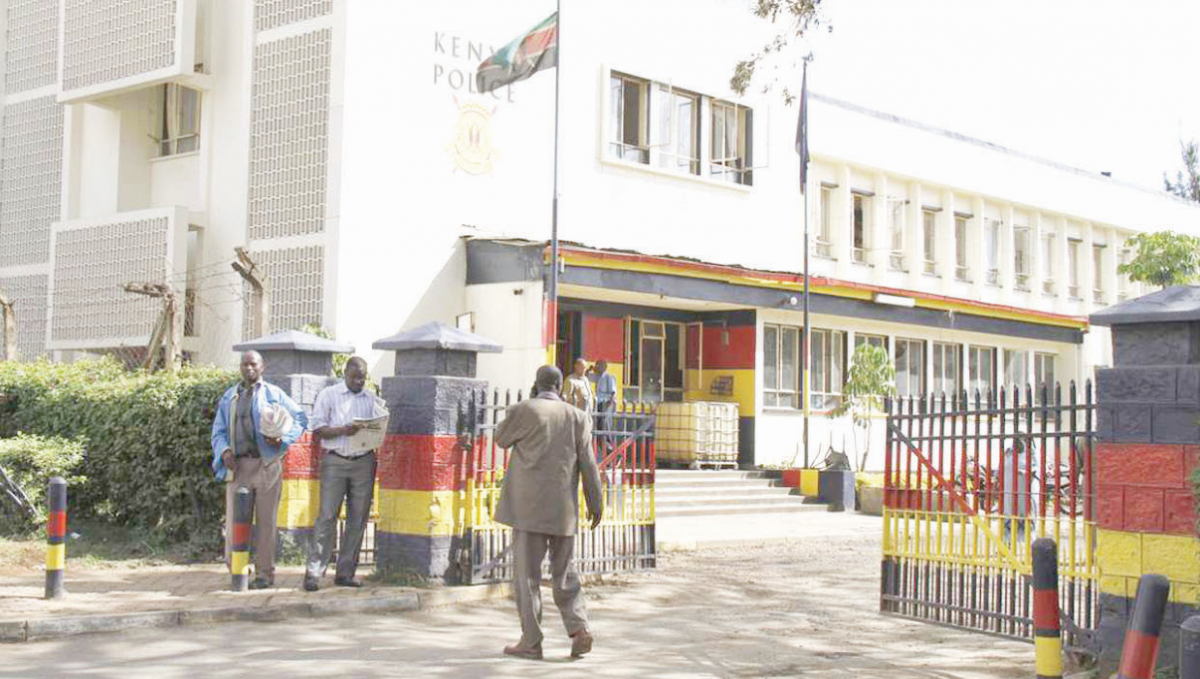Study: P3 Form charges frustrate reporting of GBV
By Mercy.Mwai, September 29, 2023Psychological abuse, child neglect, physical assault and defilement are the most prevalent forms of Gender Based Violence (GBV) in the country, a new report shows.
The Performance Audit report on prevention and responses to GBV from the office of the Auditor General covering between 2018 to 2022 shows that psychological abuse accounts for 9,301 cases child neglect 5,008 cases, physical assault 4,887 cases defilement 1,210, denial of resources 527, child abduction 509, rape 444, child abandonment 395, denial of opportunity 345 and child marriage 154.
Others are Female Genital Mutilation (FGM) 120, custody and maintenance 109, sodomy 99, sexual harassment 78, sexual assault 68 and child labour 53.
Despite the high cases of GBV, the report notes that some of the survivors were charged between Sh1,000 and Sh1,500 for P3 Forms adding that there were disparities in how survivors of other forms of GBV were handled by those responsible.
“Lack of reporting tools and charging of survivors of other forms of GBV was due to absence of policies and guidelines that would inform data management and standard treatment procedures for other forms of GBV,” the report says.
The report notes that at the Garissa Referral Hospital, Nakuru County Referral Hospital, Kakamega Referral hospital and Jaramogi Oginga Odinga Teaching and Referral Hospital, survivors received free treatment and were also given free P3 forms for Sexual Gender Based Violence (SGBV) but were required to pay between Sh1,000 and 1,500 for P3 Forms for other forms of GBV.
At Coast Provincial Hospital, Kilifi County Referral Hospital and Kisii Teaching and Referral Hospital the treatment and the P3 Forms were provided to the survivors free of charge.
Reads the report: “For instance in three out of the seven Gender Based Violence Recovery Centres (GBVRC) sampled, they charged survivors of other forms of GBV treatment while SGBV survivors were not charged for the same. Further in four out of the seven GBVRCs, filling of P3 Form was charged between Sh1,000 and Sh1,500 for survivors of other forms of GBV.”
It adds: “Charging survivors for filling P3 Forms placed an economic burden on survivors of other forms of GBV and in instances where P3 forms were not timely filed led to delayed prosecution of cases hence delayed justice.”
The report raised concerns that despite many cases being reported in GBVRCs, very few cases end up in court due to a lack of effective coordination among actors in the criminal justice system.
The report notes that in 2018, there were 3,182 cases reported in GBVRC, 2,087 reported to the police and 422 to the Judiciary. In 2019 there were 1,965 cases reported in GBVRC, 2,575 in police and 746 in Judiciary. In 2020, 4,363 cases reported to GBVRC, 3,283 in police, 864 in Judiciary and in 2021 3,861 reported in GBVRC 2,651 in police, 737 in judiciary. In 2022 3,218 cases were reported in GBVRC, 2,788 in police and 736 in the Judiciary.
In particular, the judiciary has been blamed for the delays in the dispensation of justice for GBV cases after it emerged that out of 3,578 cases filed in eight law courts between 2018 and 2022, 2,863 sexual offences cases had no chance of being active for more than 360 days as already 1,559 (54.5 per cent) of the cases were closed and 1,304 (45.5 per cent) were active.
Of the 1,559 closed cases, 422 were finalised within the recommended 360 days while 1,137 cases lasted more than the recommended time.
The report further notes that an analysis of the cases filed between 2018 and 2022 revealed that 471 cases took at least two years, 424 cases took at least three years and 242 took at least four years.
Regarding survivors pursuing justice, the report notes that the reasons for not pursuing justice is because of intimidation and threats by the perpetrator and vulnerability of the survivor due to poverty resulting in them being compromised financially.
In addition, they also noted that some of the perpetrators were the bread winners hence survivors did not follow up the cases as their welfare depended on them.
The report notes that the few number of cases that end up in the judiciary which implies that justice is not served to majority of the GBV cases that are reported and thus perpetrators are not held accountable for their actions hence survivors remain traumatised leaving the consequences of GBV unaddressed in the society.
Reads the report: “The variance in the cases was due to the fact that not all GBV survivors who reported at the GBVRC were willing to pursue justice hence did not have their cases captured by the police and subsequently the Judiciary.
